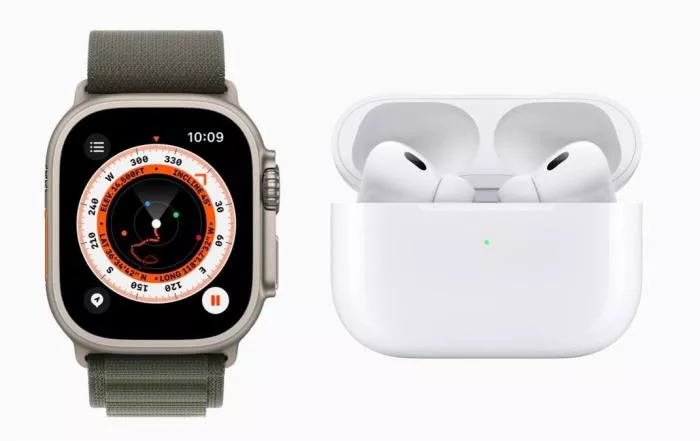Apple has unexpectedly abandoned plans for a camera-equipped Apple Watch, opting instead to accelerate development of AI-enhanced AirPods and smart glasses, according to insider reports. The decision signals a strategic realignment in Apple’s wearable technology roadmap, emphasizing seamless, context-aware experiences over wrist-based visual interfaces.
“Nevis” Project Shelved Amid Wearable Reassessment
Sources familiar with the matter, including a recent Bloomberg report, reveal that Apple had internally developed a camera-equipped Apple Watch under the codename “Nevis.” The project, which included both standard and Ultra models, aimed to integrate AI-driven visual intelligence for real-time translation, object recognition, and environmental awareness—functionality similar to the iPhone’s Visual Search.
Originally targeting a 2027 release, the initiative has been quietly discontinued. While Apple has not publicly commented on the cancellation, industry analysts speculate the move reflects challenges in balancing ergonomics, privacy concerns, and user adoption for a wrist-worn camera.
AirPods to Gain Infrared Cameras in “Glennie” Initiative
Apple’s vision for wearable AI now appears centered on its audio products. The company is reportedly advancing “Project Glennie,” a next-generation AirPods lineup featuring embedded infrared cameras. These sensors would enable:
- Precision spatial audio adjustments
- Touchless gesture controls
- Enhanced AI interactions using environmental and positional data
The technology could transform AirPods into a hub for ambient computing, aligning with Apple’s broader push toward intuitive, AI-augmented devices.
Smart Gleyes Emerge as Key Component of Vision Ecosystem
Concurrent with its AirPods development, Apple continues to invest in smart glasses designed as a lightweight companion to its Vision Pro headset. Slated for a potential late 2026 debut, the glasses are expected to offer:
- Real-time visual overlays
- Hands-free camera functionality
- Deep integration with iOS’s Visual Intelligence framework
Positioned as a direct competitor to Meta’s Ray-Ban Smart Glasses, Apple’s iteration promises tighter ecosystem synergy and advanced AI navigation features.
Industry Implications: A Calculated Pivot
Analysts interpret Apple’s withdrawal from the camera Watch project as a deliberate refinement of its wearable strategy. By concentrating on ear- and eye-worn devices, the company appears to prioritize platforms that:
- Minimize social friction
- Maximize situational awareness
- Align with natural user behavior
This shift underscores Apple’s conviction that the future of ambient computing lies in multisensory devices that blend imperceptibly into daily life, rather than overt tech appendages. While the camera Watch may resurface in modified form, Apple’s current trajectory suggests a clearer path toward AI wearables that augment—rather than interrupt—human experience.


